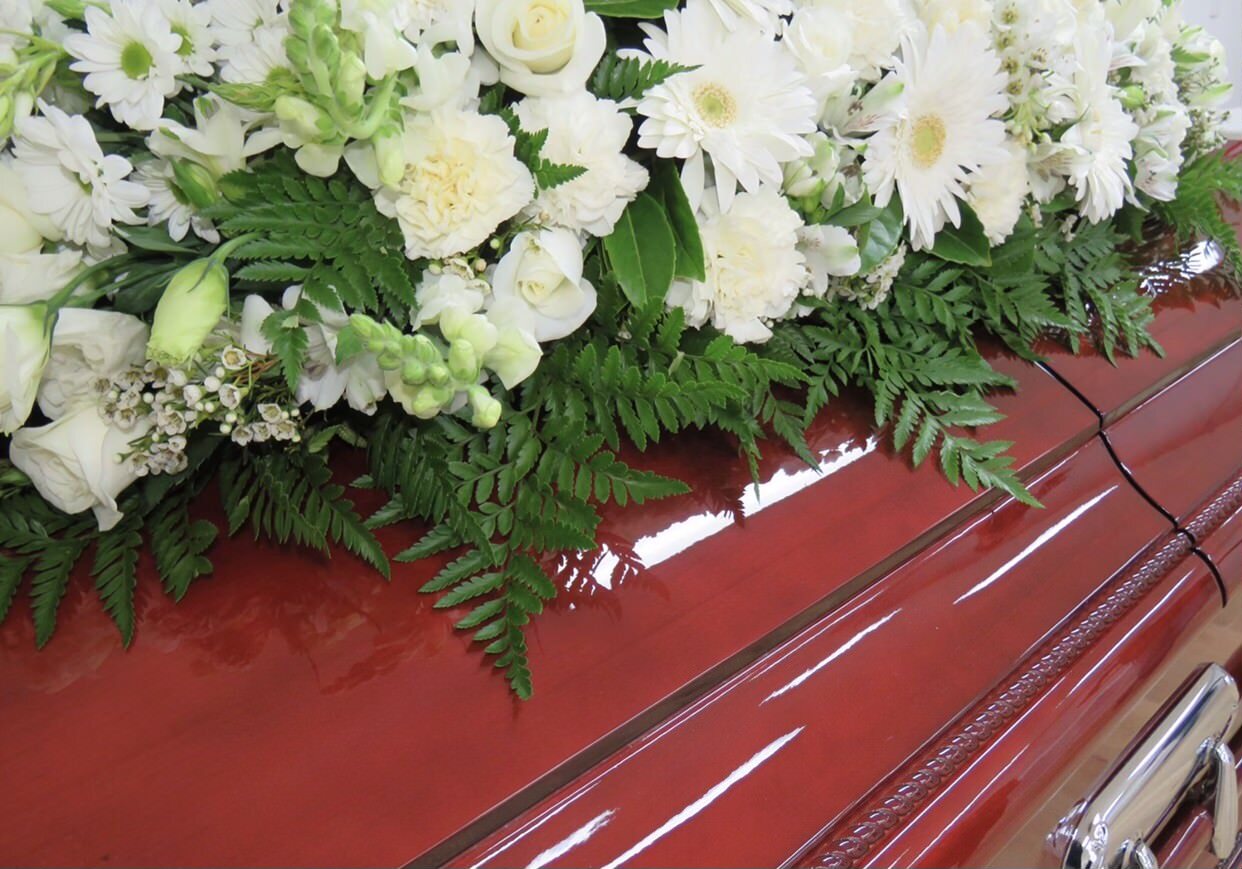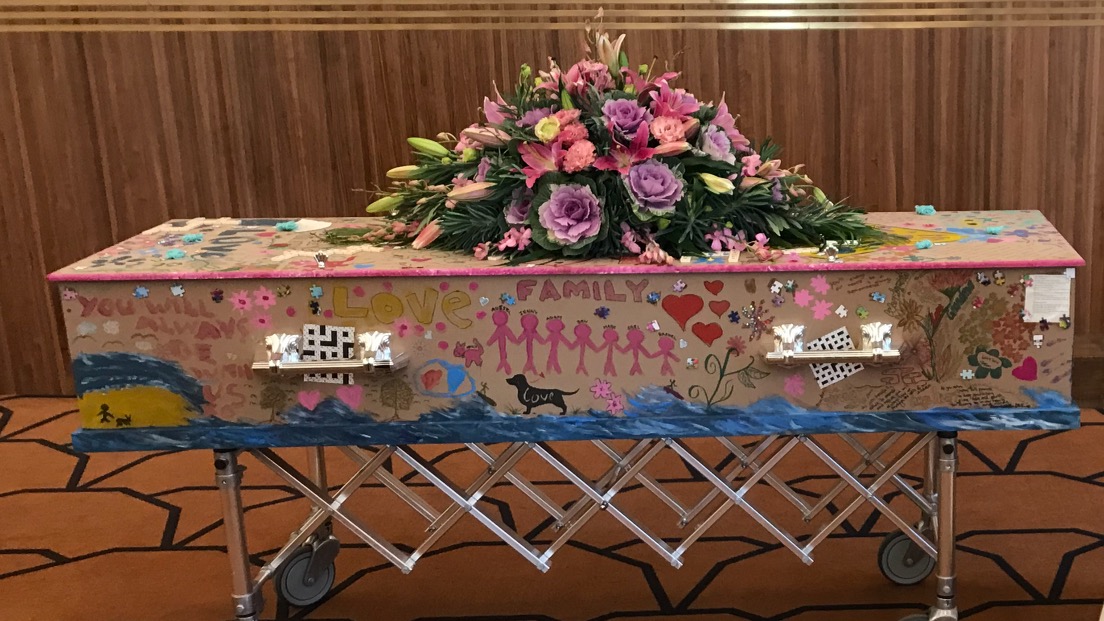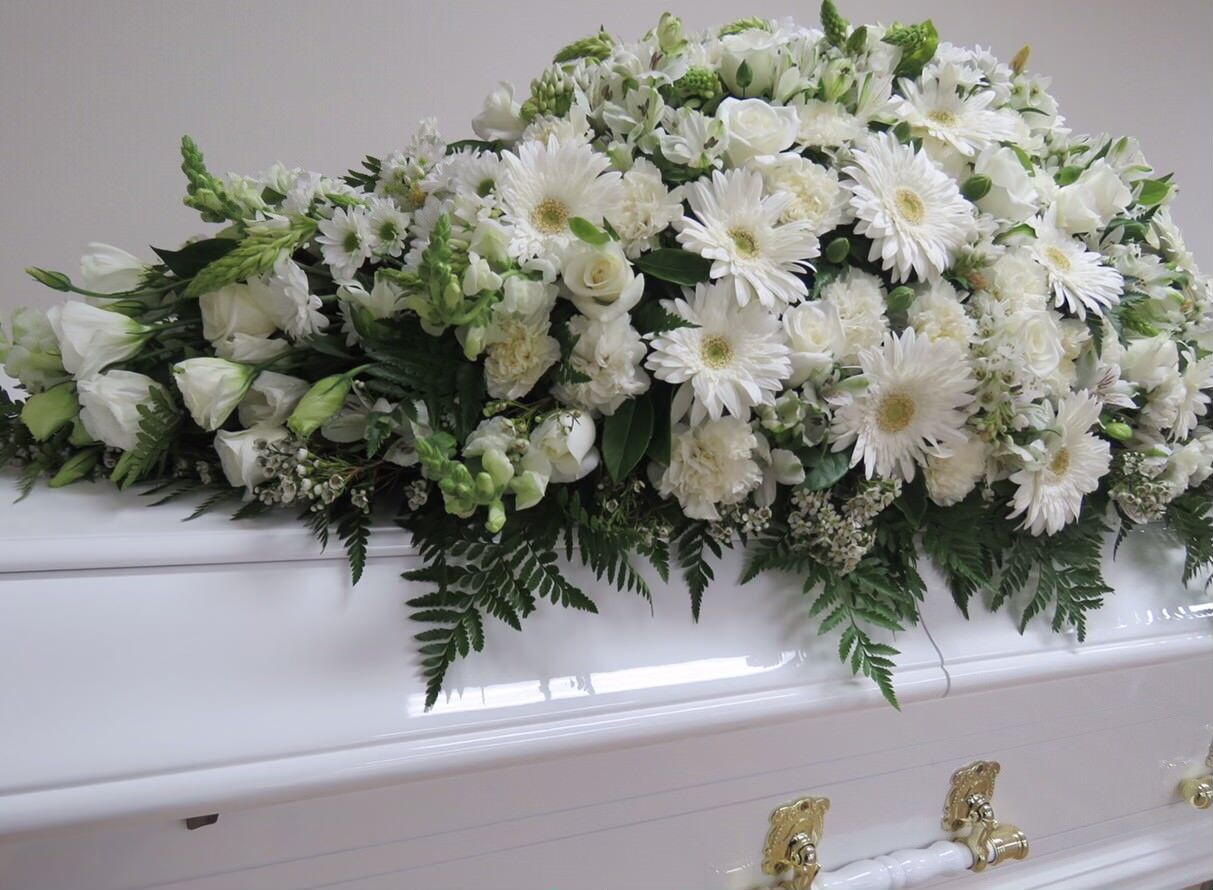What happens first?
No matter how hard it may seem, when someone passes away there are a number of practical procedures that must take place. To begin with, a doctor must certify that death has occurred. A coroner becomes involved when death has occurred other than by natural causes, or when the cause of death or identity of the deceased is unknown. The coroner also gets involved when someone has died as a result of or during anaesthetic, or as a result of an accident or injury. In Australia, most deaths occur in hospitals or other care facilities. In these circumstances, the authorities take care of medical formalities. If death occurs at home, your family doctor should be contacted immediately. If death was expected, the doctor should issue a Death Certificate. Funeral arrangements can only be completed once a signed Death Certificate has been issued from a doctor or coronial staff.
Funeral arrangements
There’s plenty to consider when planning a funeral and considerations are made more difficult by the emotional distress involved. At Seaside Funerals, we advise people to get in contact with a funeral director as soon as the death occurs. We specialise in relieving the load across all areas at this difficult time. For the funeral, key considerations on your part will include advising on obituaries and service details – including any specific religious needs. You’ll also need to consider whether you want a burial or cremation and other decisions such as casket or coffin selection, music, hymns, literature, memorial folders, wake arrangements and flowers. You should also consider the participants at the funeral itself, such as the officiator, pallbearers and eulogy readers.






